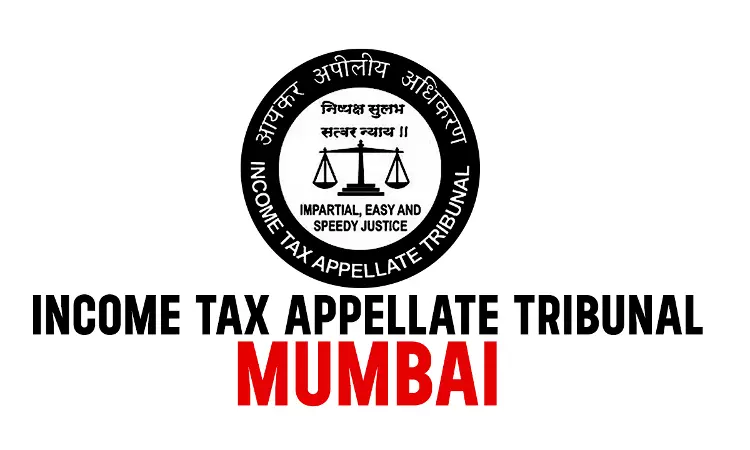I-T Authority Fails To Consider Reason For Difference In Sale Consideration & Stamp Duty: Mumbai ITAT Deletes Penalty Levied U/s 270A For Under-Reporting Of Income
Pankaj Bajpai
6 May 2024 11:30 AM GMT
Noting that neither the Assessing Officer nor the CIT(A) have taken into consideration the explanation offered by the Assessee during the assessment proceedings in relation to the difference in the sale consideration and the stamp duty valuation of immovable property, the Mumbai ITAT deleted the penalty levied u/s 270A of the Income tax Act for under-reporting of income. The...
Noting that neither the Assessing Officer nor the CIT(A) have taken into consideration the explanation offered by the Assessee during the assessment proceedings in relation to the difference in the sale consideration and the stamp duty valuation of immovable property, the Mumbai ITAT deleted the penalty levied u/s 270A of the Income tax Act for under-reporting of income.
The ITAT clarified that Section 270A(6)(a) excludes from the ambit of under-reported income, the amount of income (a) in respect of which the Assessee offers explanation and (b) the Assessing Officer is satisfied that explanation offered is bonafide and that the Assessee has disclosed all material facts to substantiate the explanation offered.
The Bench of Prashant Maharishi (Accountant Member) and Rahul Chaudhary (Judicial Member) observed that “the explanation offered by the Assessee was bonafide. Neither the Assessing Officer nor the CIT(A) had disputed the fact that the Assessee had undertaken to demolish factory building/structure after obtaining necessary approval from the concerned authorities which were furnished during the assessment proceedings. All material facts relating to substantiate the explanation were furnished by the Assessee during the assessment proceedings”. (Para 11)
As per the brief facts of the case, the Assessee filed return and its case was selected for limited scrutiny in relation to issue of investment in immovable property. During the assessment proceedings, the Assessing Officer noted that assessee had purchased immovable property for consideration of INR 2,10,00,000/-, whereas the market value of the immovable property for the purpose of levy of stamp duty stood at INR 3,23,55,630/-. The Assessee was asked to show cause why difference of INR 1,13,55,630/- should not be treated as income u/s 56(2)(x) of the Act. In response, it was submitted that the difference in the valuation was on account of the fact that the assessee had to undertake the demolition of existing factory building/structure. The Assessee had obtained permission to demolish the structure from the concerned authorities. In view of the objections raised by assessee, the issue of valuation of the immovable property was referred to the Valuation Officer, who determined the value of the immovable property at INR 2,45,00,000/- as against the stamp duty valuation of INR 3,23,55,630/-. Accordingly, the Assessing Officer made an addition of INR 35,00,000/- to the returned income and initiated penalty proceedings u/s 270A of the Act for under-reporting of income, and concluded that merely paying of tax against the assessment order was not sufficient reason to escape from the penalty proceedings.
The Bench found that the fact that assessee had paid the additional tax liability in two instalments was not disputed by the Assessing Officer and the CIT(A), and thus, the additional tax liability on addition of INR 35,00,000/- was paid within the period of 30 days from the passing of the assessment order
The Bench noted that it is the case of assessee that formal application for seeking immunity u/s 270AA was not moved by the assessee as he was not aware of the provisions contained in Section 270AA at the time of penalty proceedings.
However, in effect, the assessee had during the assessment proceedings as well as penalty proceedings brought on record all the relevant facts and had prayed for waiver of penalty, added the Bench.
The Bench went on to clarify that the assessee was entitled to make application and seek immunity from levy of penalty in terms of Section 270AA as the assessee had agreed to the addition and made payment of additional tax liability within the period of 30 days.
Counsel for Appellant/ Assessee: Pritesh Mehta
Counsel for Respondent/ Revenue: Prashant Mahajan
Case Title: Satyam Print House verses Additional/Joint/Deputy/ Assistant Commissioner of Income Tax, Income Tax Officer, National Faceless Assessment Centre
Case Number: ITA No. 2898/MUM/2023
Click here to read/ download the Order


